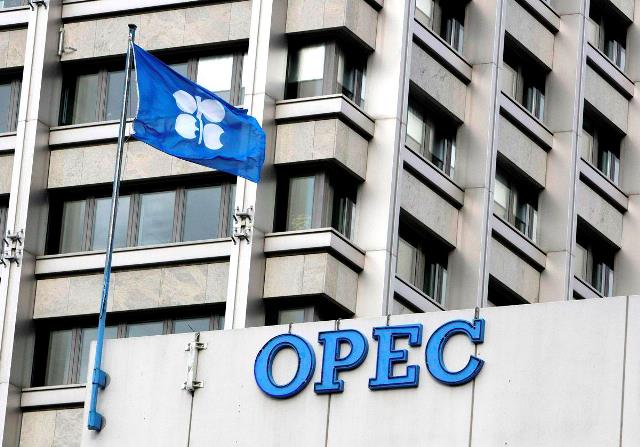Nigeria’s foreign reserves has dropped by another $445.4 million hitting an all-time low of $28.6 billion this week from the $29.101 billion recorded at the end of last trading year.
This is not unconnected with the continued decline in the prices of crude which has also falling below $28.74, its lowest point for 13 years.
There have been growing apprehensions in the oil industry that the recent lifting of sanctions on Iran by Western countries which could worsen the existing oversupply problem, even as Iran is ready to increase its daily export of 1.1million barrels of crude exports by 500,000 bpd.
“The drop in price was due to the western sanctions on Iran being lifted. This means we will be seeing a bigger oil glut with Iranian crude exports coming back to the market,” said Daniel Ang, an analyst at Phillip Futures.
The United States and the European Union lifted the sanctions on Sunday after the UN’s nuclear watchdog confirmed that Iran had complied with its obligations under a landmark deal last year to curb Tehran’s programme.
A report by BBC, explained that investors fear the lifting of Western sanctions on Iran could worsen the existing oversupply problem, as price of US crude was $29.65 a barrel after hitting $28.36.
Iran has the fourth largest proven oil reserves in the world, according to the US Energy Information Agency and any additional oil would add to the one million barrels a day of over-supply that triggered more than 70per cent collapse in oil prices since the middle of 2014. Analysts say Iran already had quite a lot of oil ready to sell.
“Iran has quite a large storage of oil at the moment. They are in a position to sell that if they choose to do so and increase supply quite quickly,” said Ric Spooner, chief market analyst at CMC Markets. The drop in the price of oil has been driven by oversupply, mainly due to US shale oil flooding the market.
At the same time, demand has fallen because of a slowdown in economic growth in China and Europe.
Historically, Opec has cut production to support prices. But led by Saudi Arabia, by far the group’s most powerful member, the group has resolutely refused to trim supply this time.
Analysts expect supply to continue to outstrip demand over the next two years, which would keep prices low.

 Health5 days ago
Health5 days ago
 Entertainment7 days ago
Entertainment7 days ago
 Crime5 days ago
Crime5 days ago
 Education7 days ago
Education7 days ago
 Health7 days ago
Health7 days ago
 Comments and Issues6 days ago
Comments and Issues6 days ago
 Football6 days ago
Football6 days ago
 Latest6 days ago
Latest6 days ago









